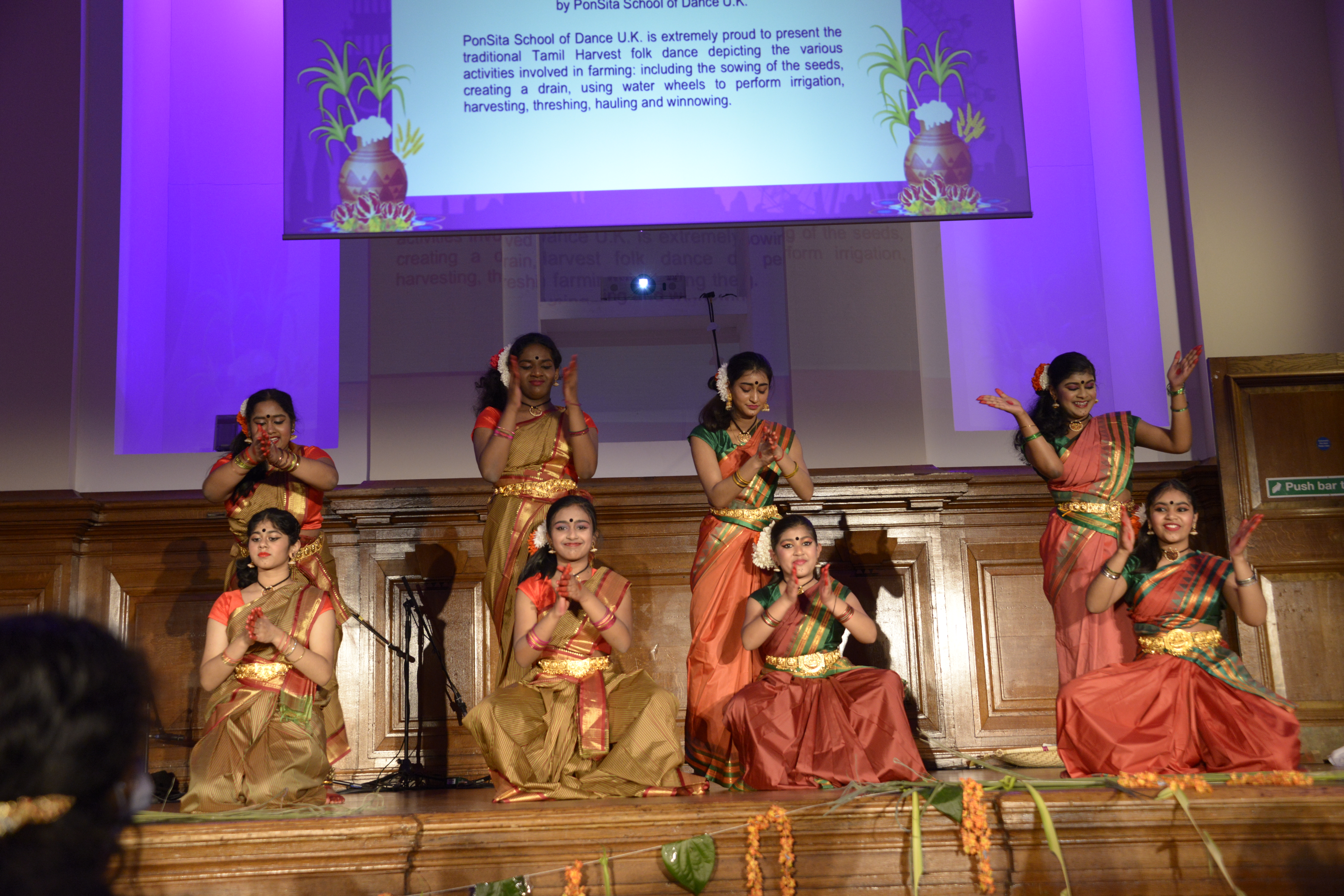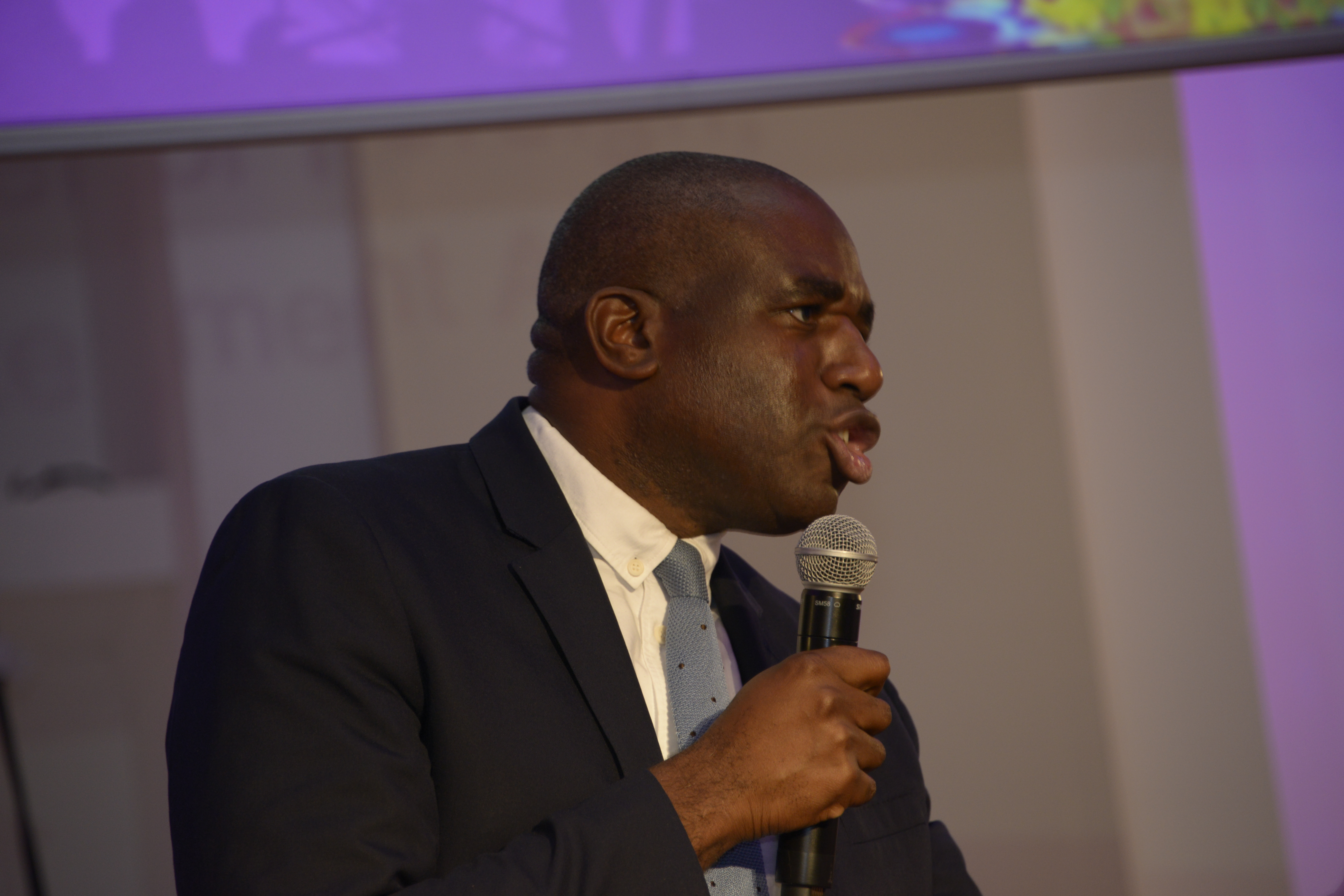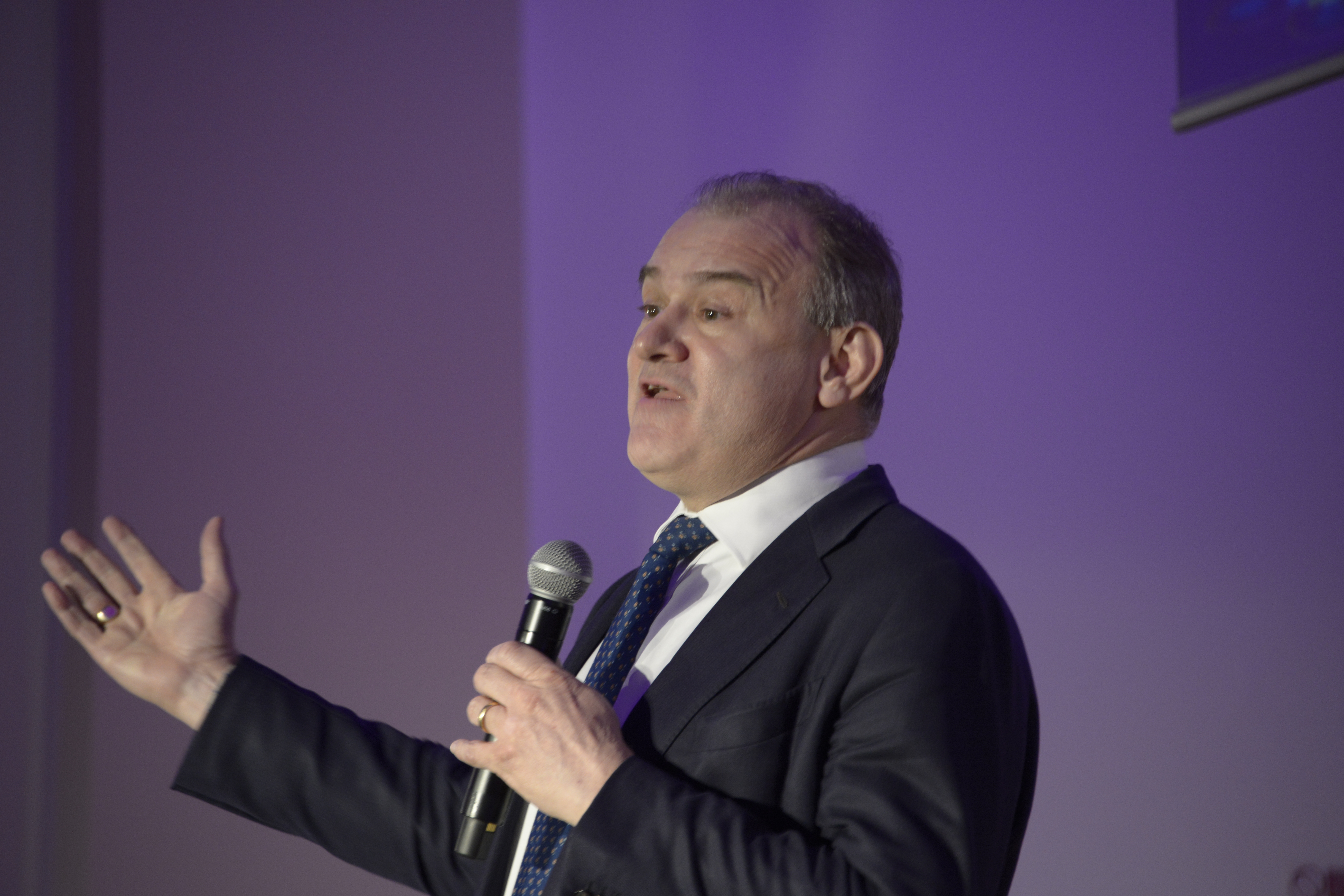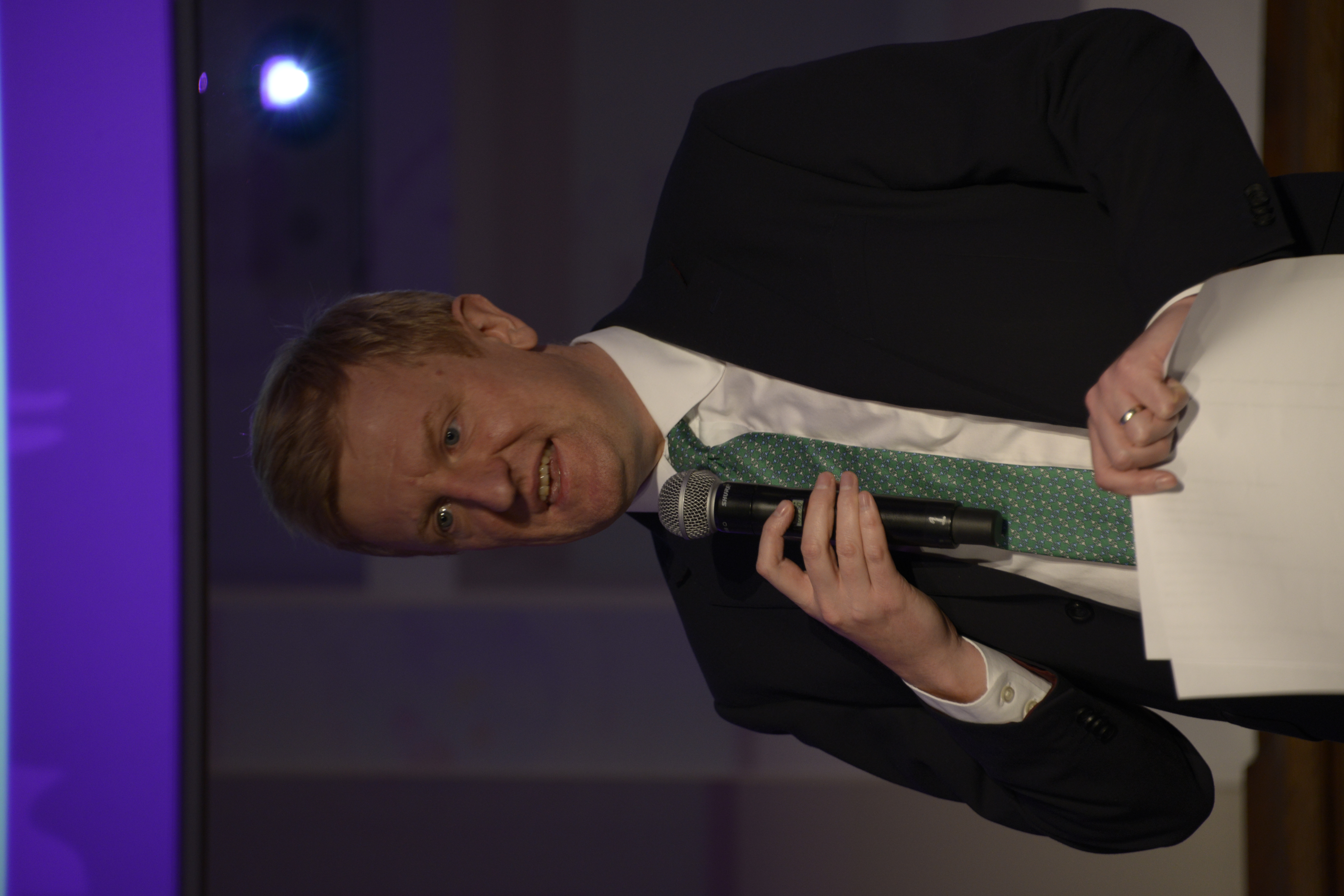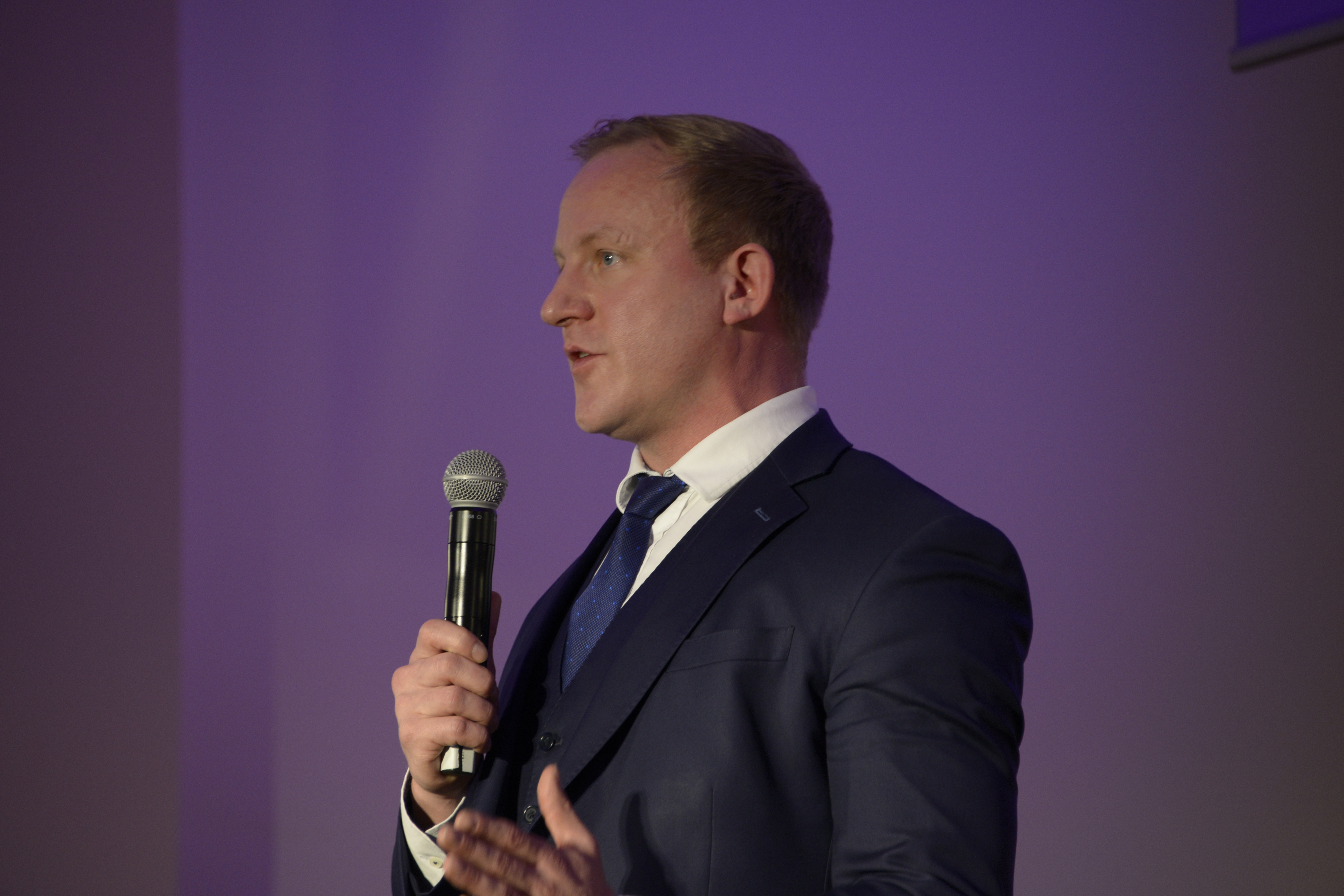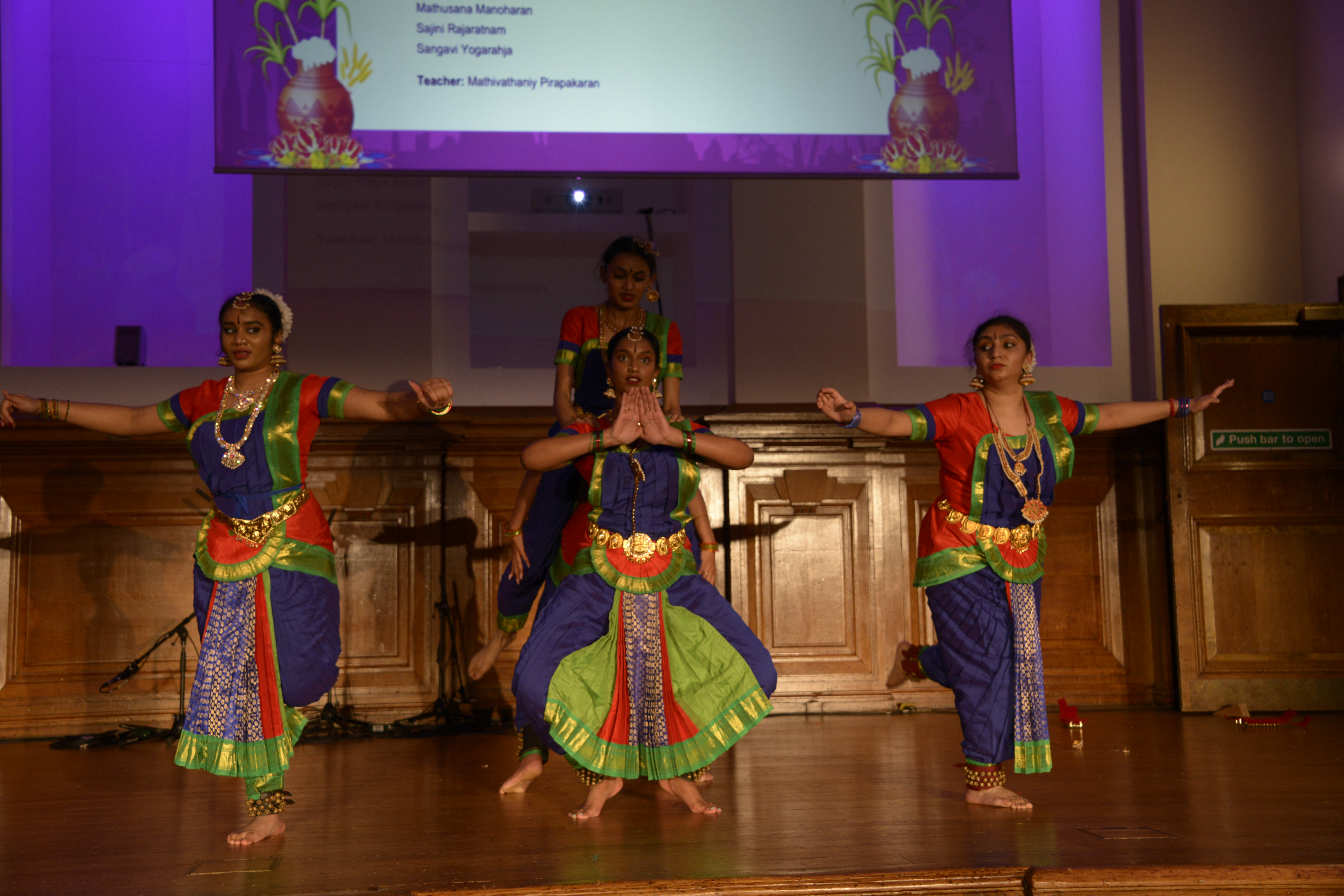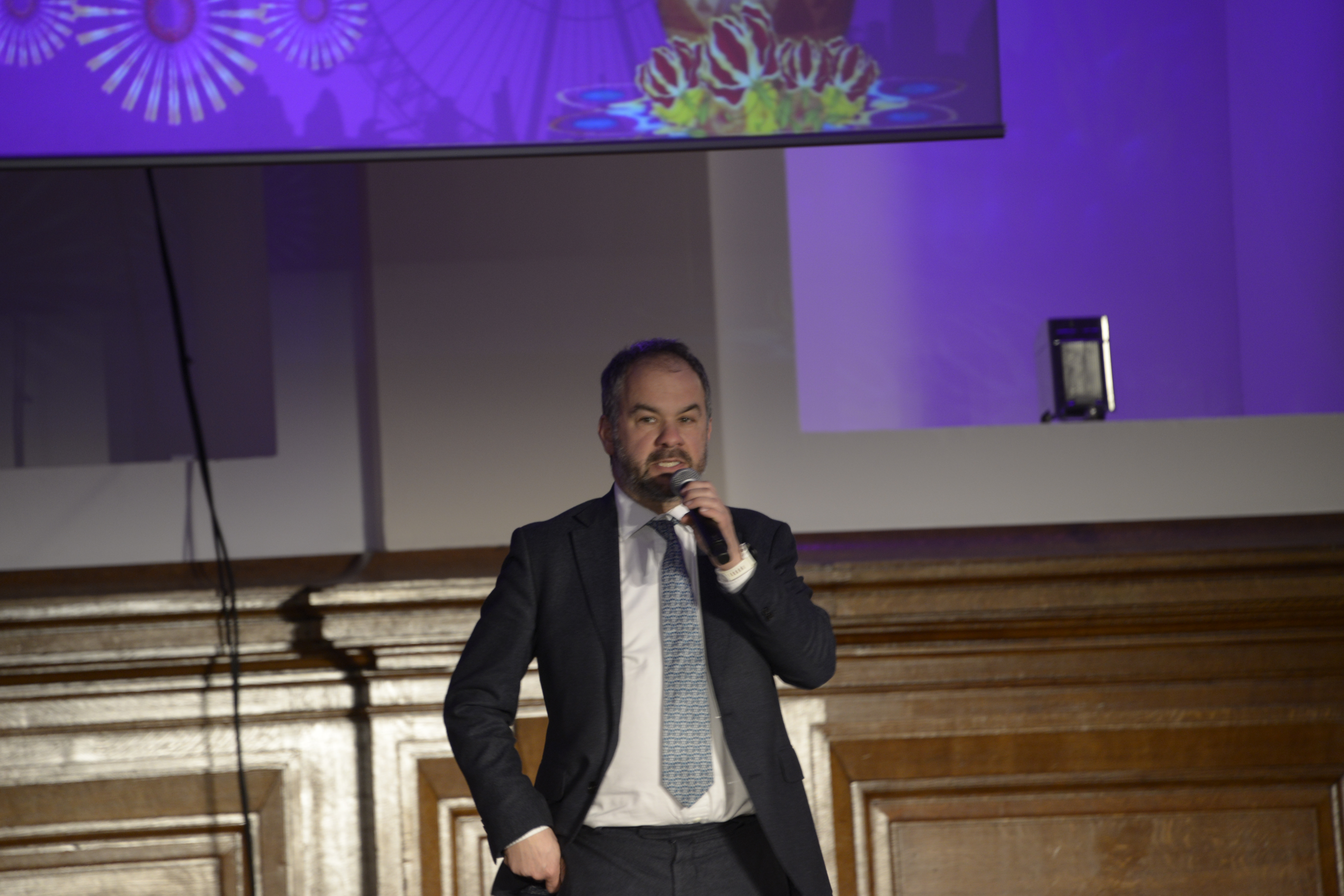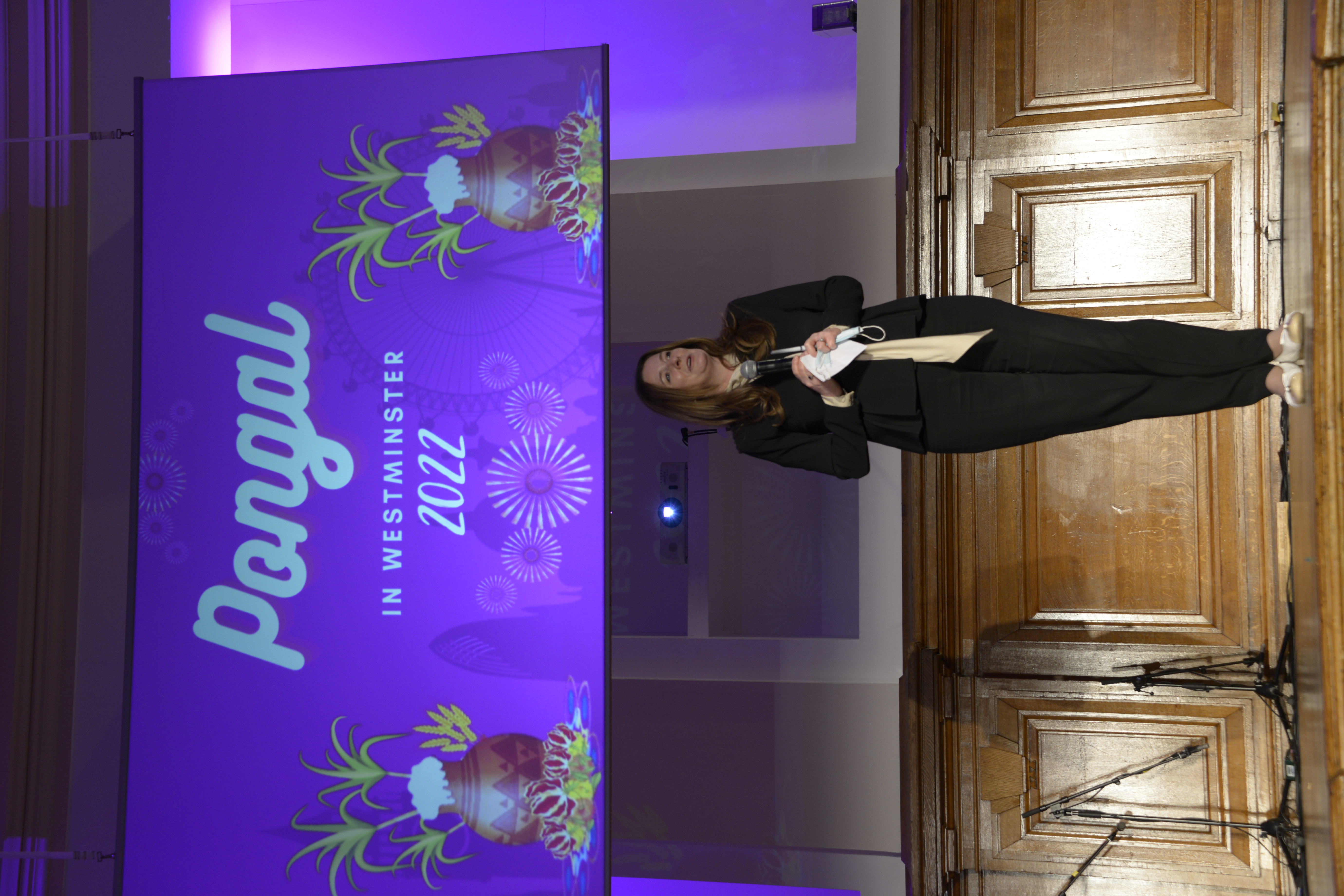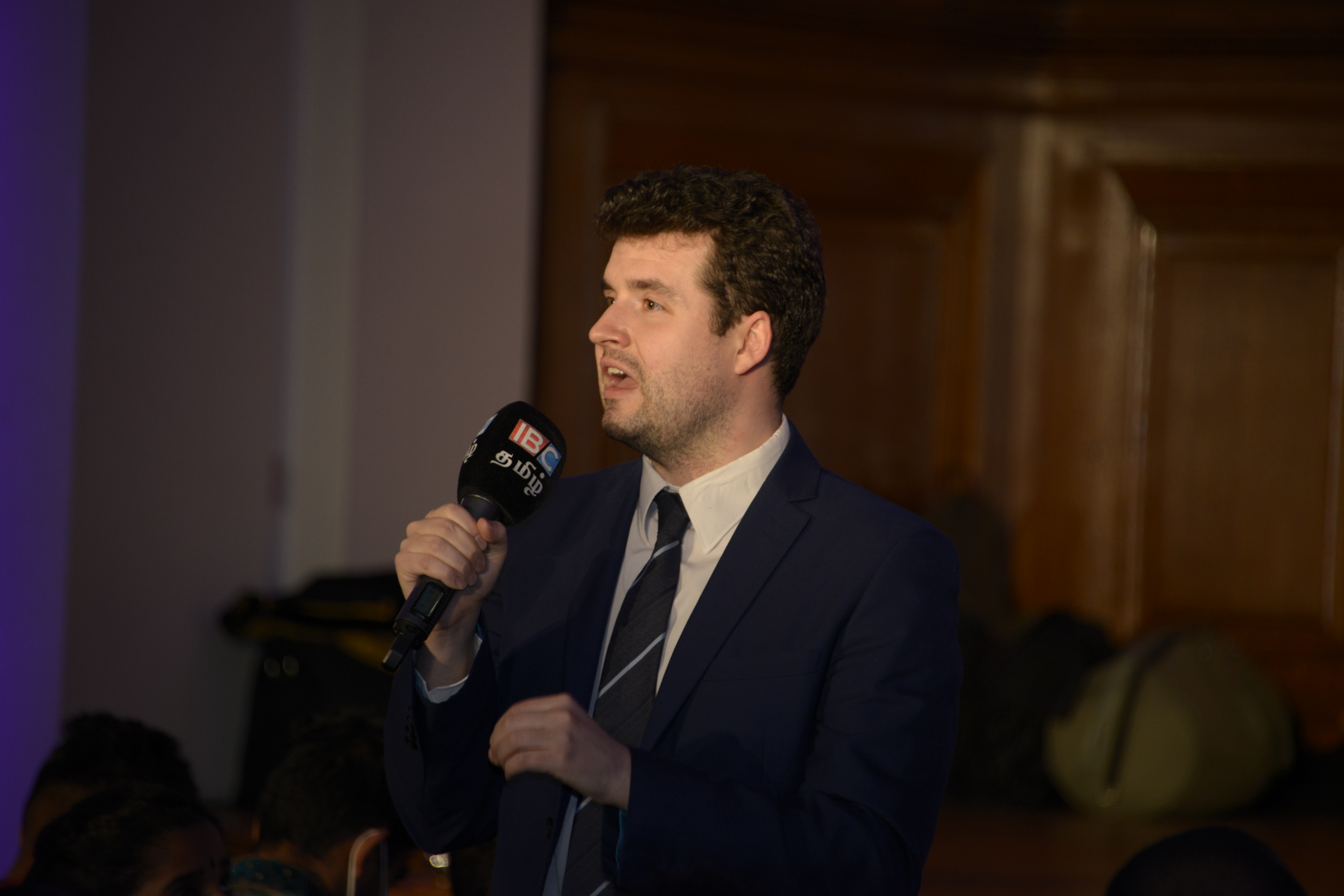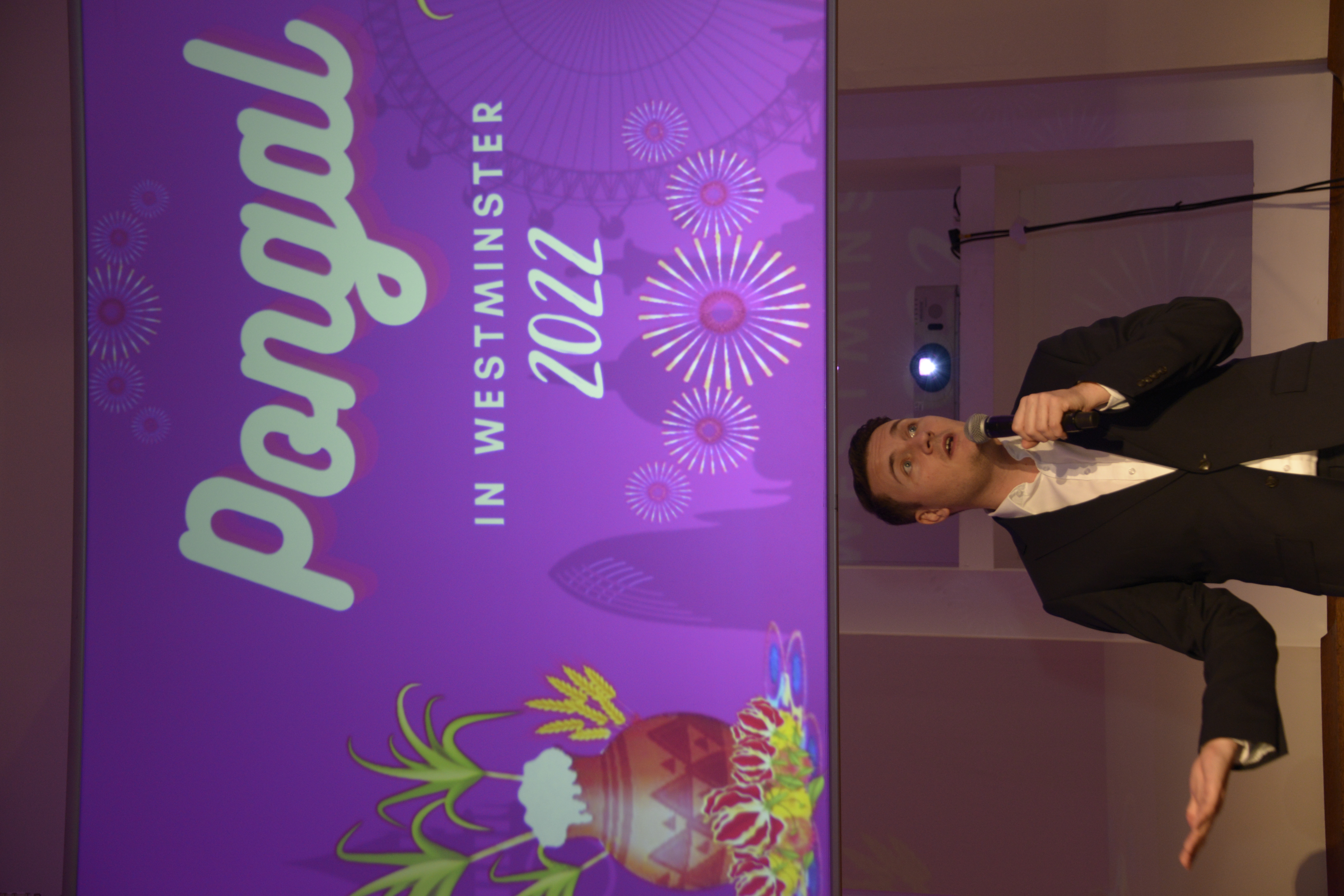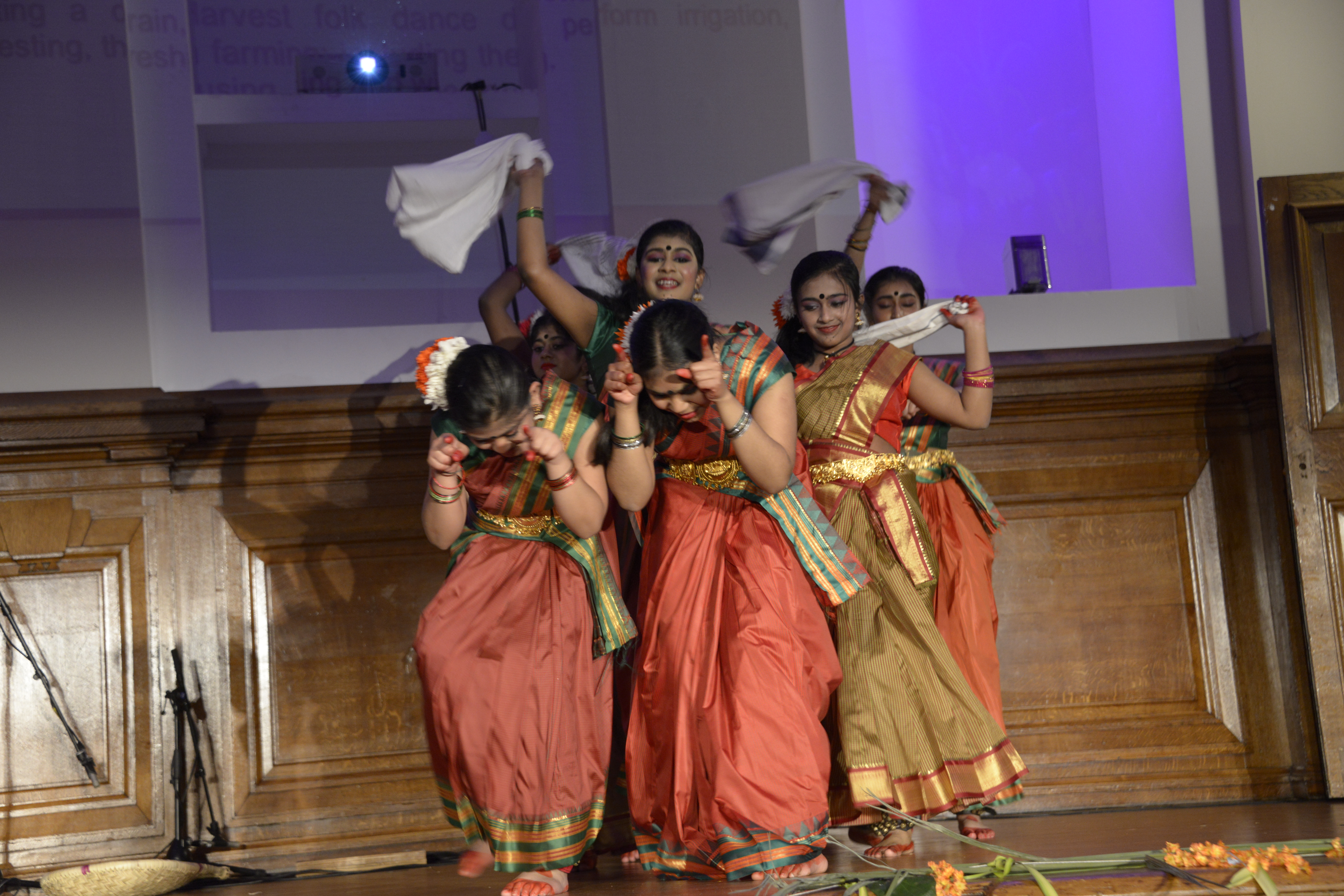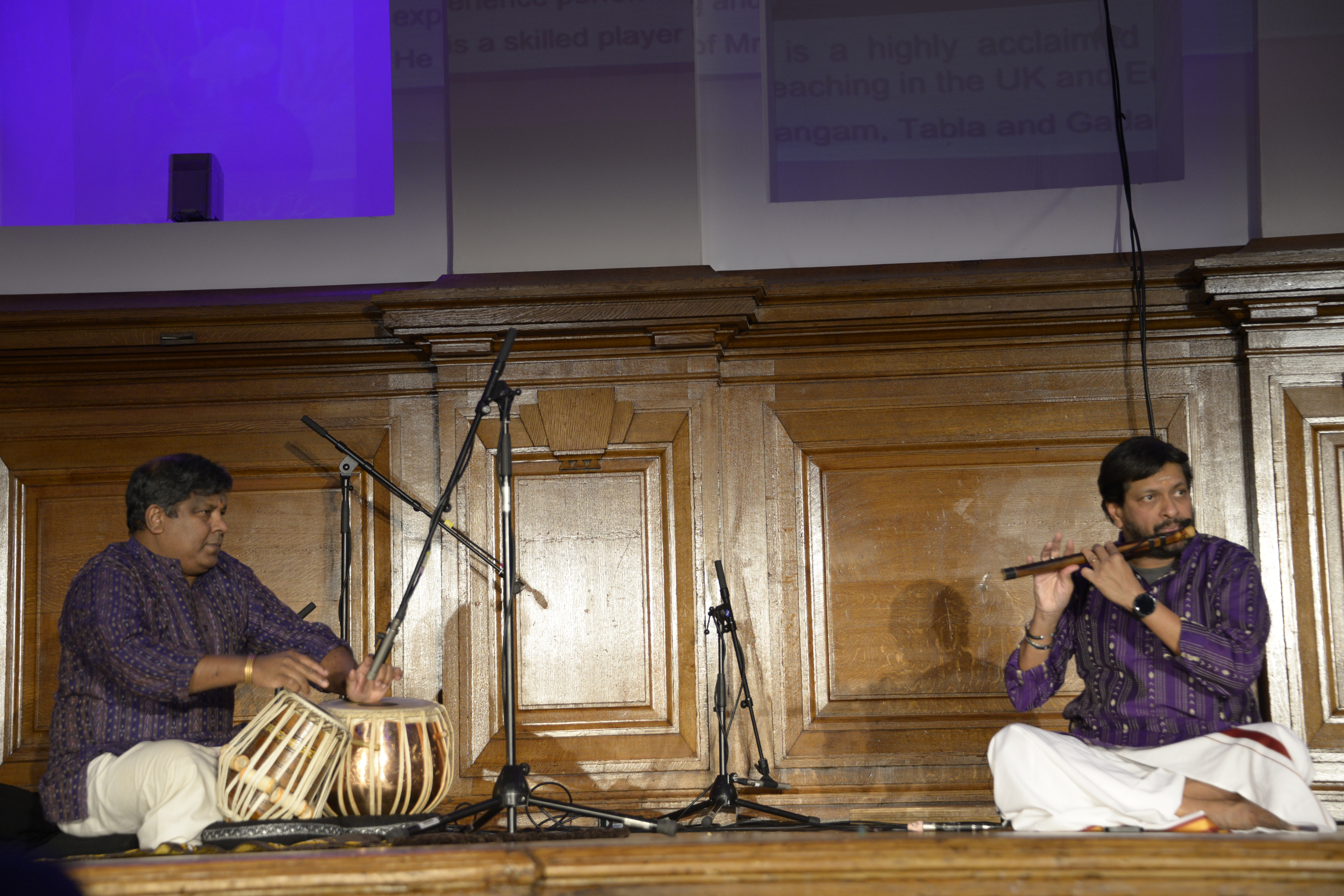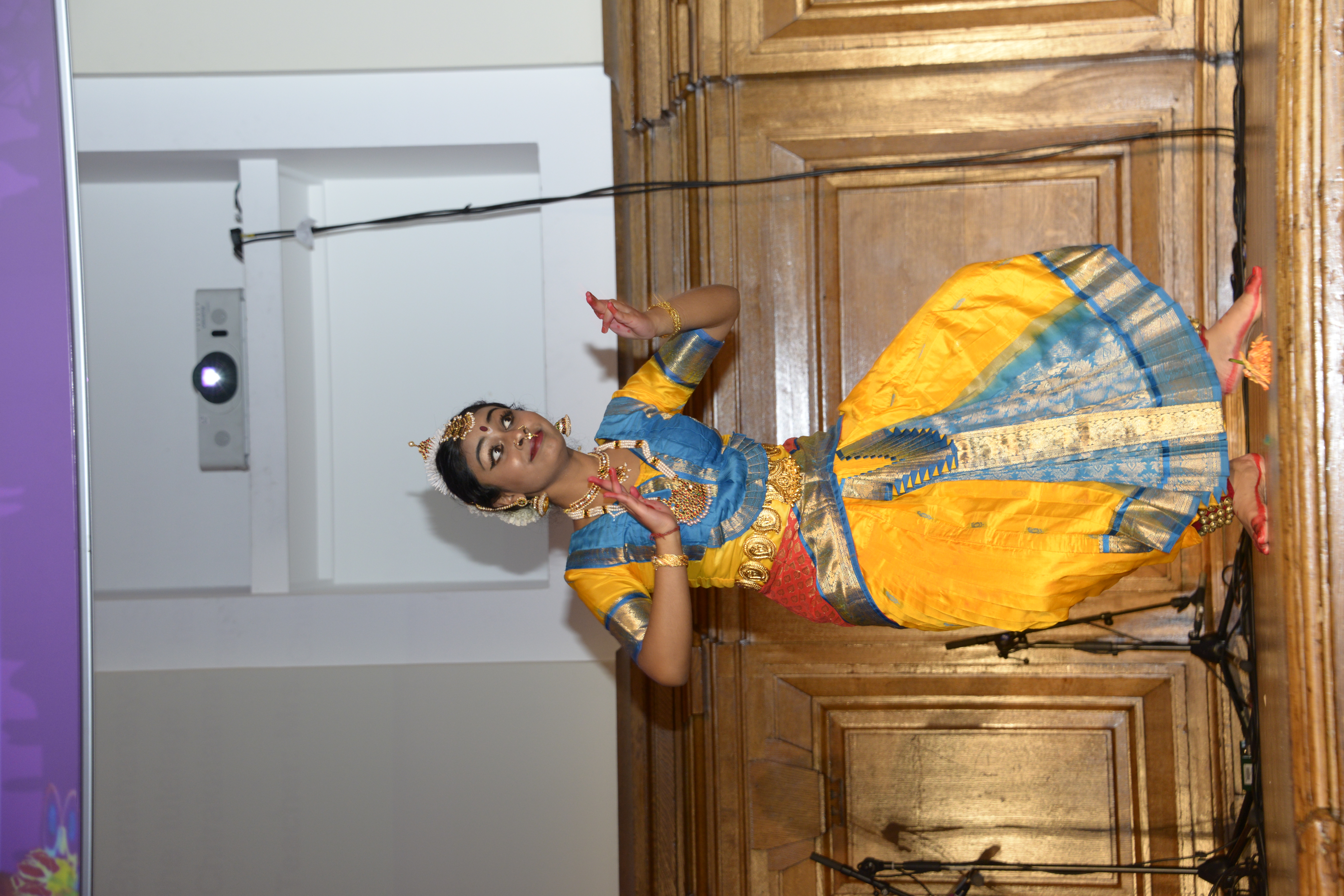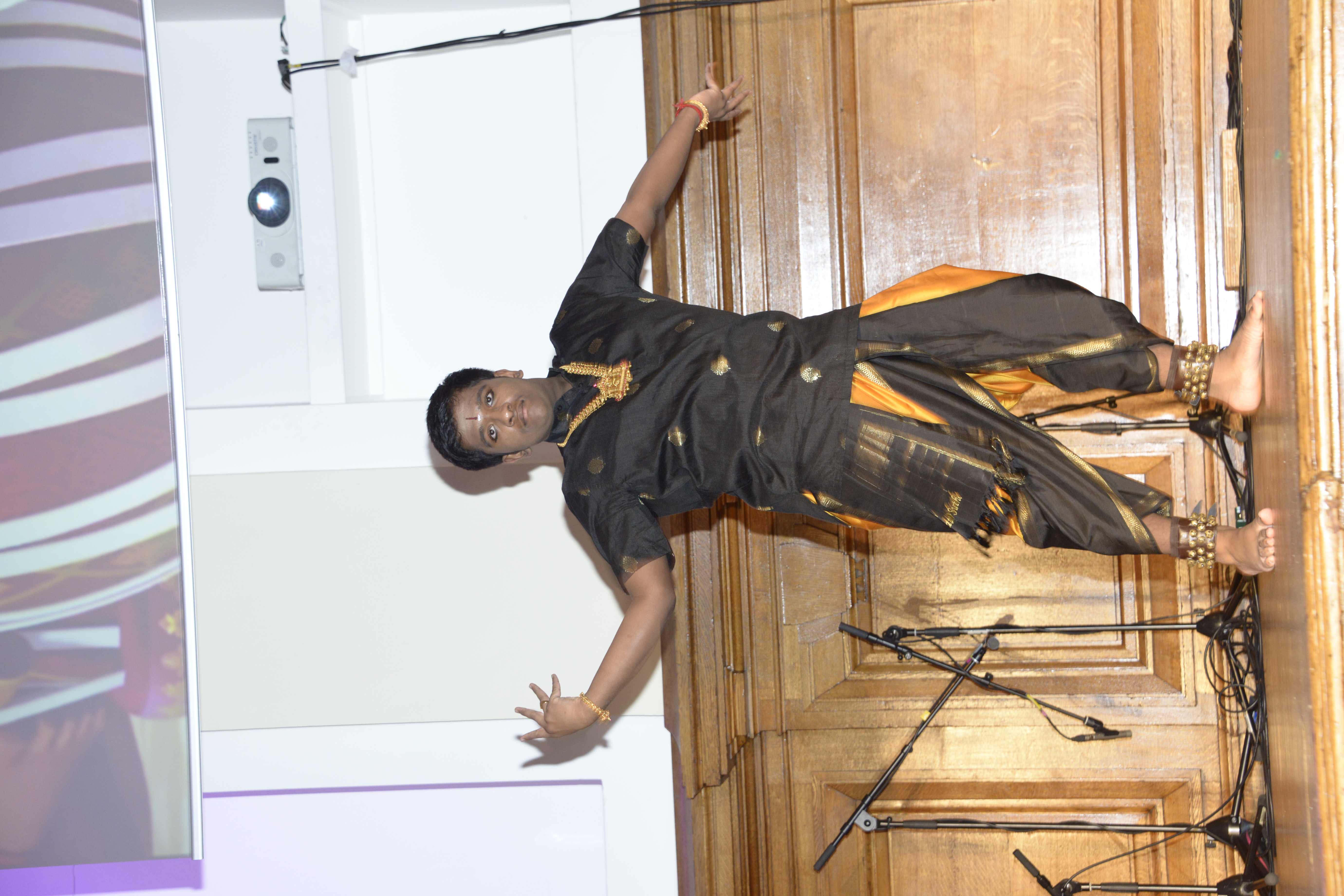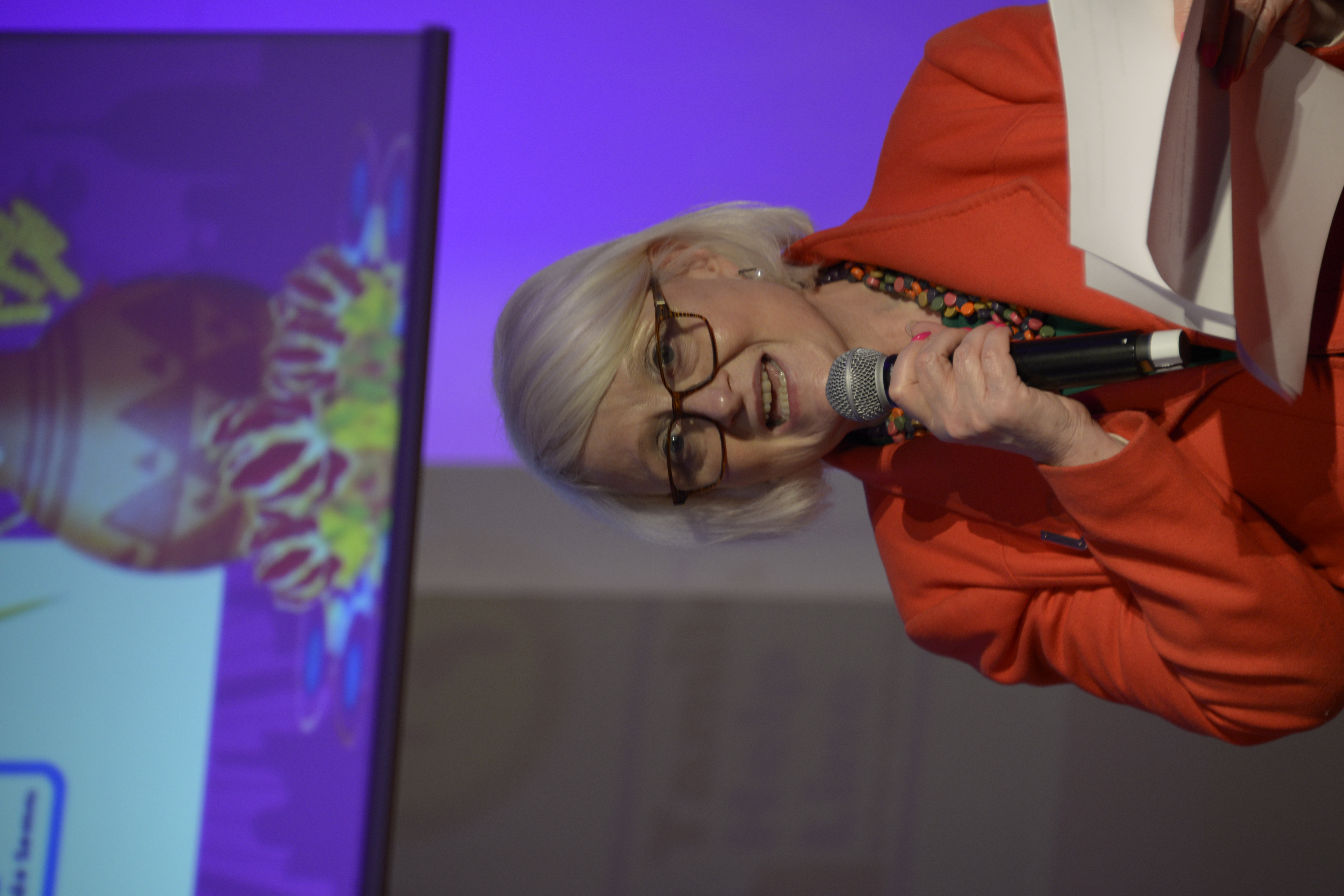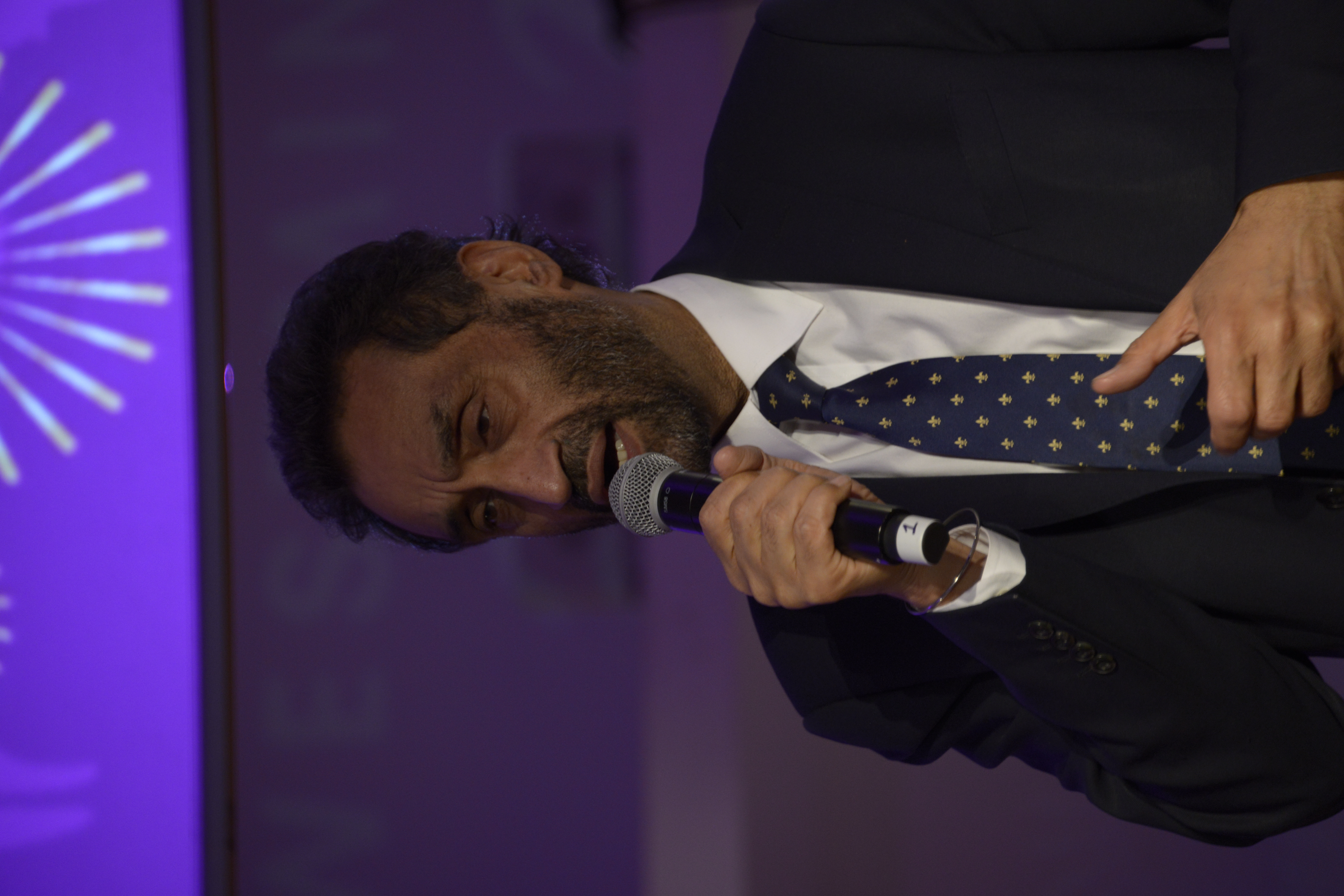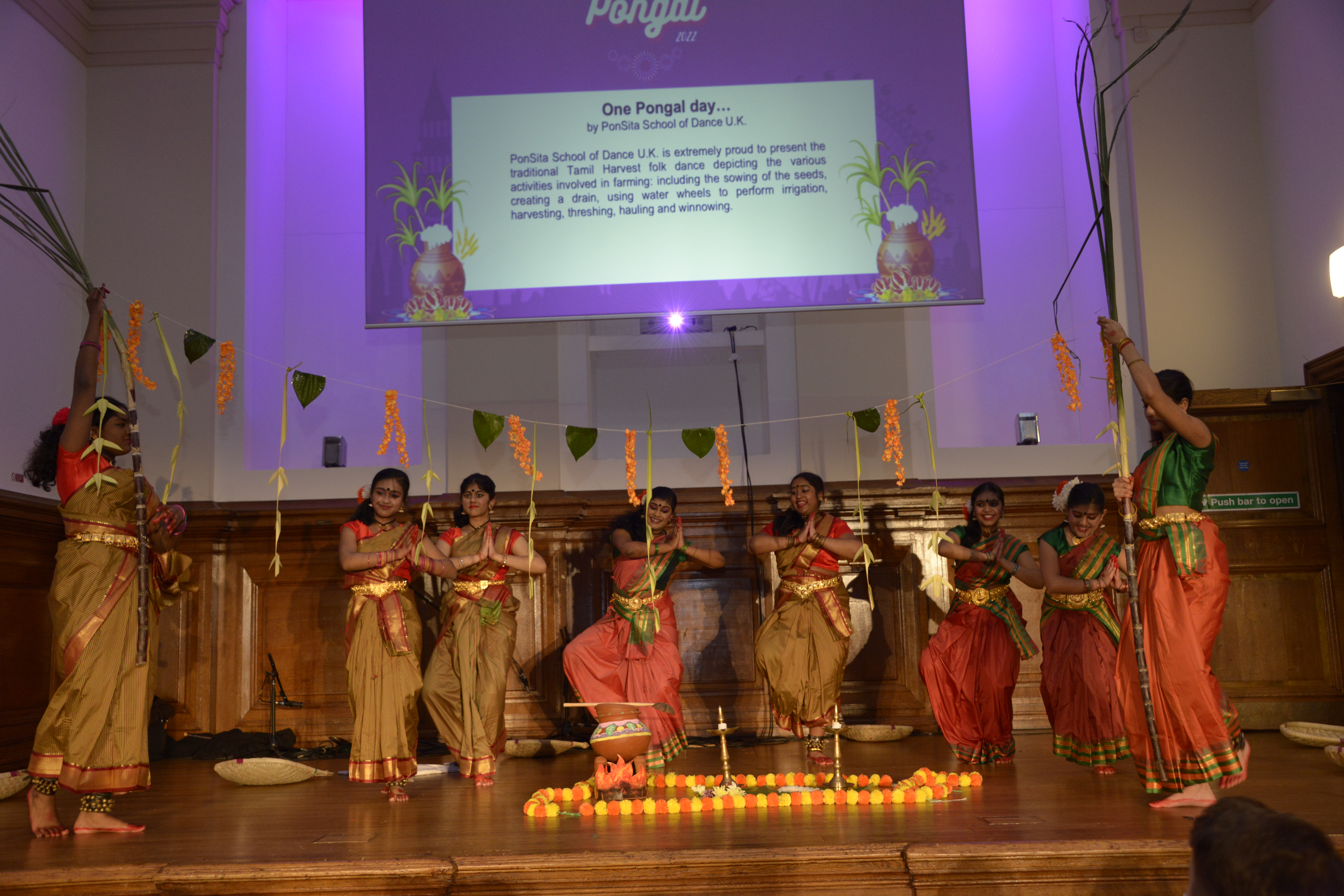A host of British parliamentarians and other politicians joined the British Tamil community in Westminster on Monday to celebrate Thai Pongal in London.
Lawmakers took to the stage and praised the British Tamil community, paying tribute to their contributions in several fields and reaffirmed their commitment to justice, accountability and self-determination.
The event was inaugurated with the playing of Parai, traditional Tamil drums, by a group of musicians which was followed by speeches from British politicians as well as traditional Tamil cultural festivities such as Bharatanatyam and renditions of Carnatic music.
Organised by a cluster of British Tamil organisations, politicians from across the spectrum wished Tamils a happy Pongal and reaffirmed their commitment to justice and accountability.
Speaking at the event, Britain's Shadow Foreign Secretary, David Lammy, expressed his solidarity with Tamils and commitment to justice.
"I marched for sanctions on apartheid South Africa... I am demanding sanctions be imposed on Sri Lankan war criminals".
"We believe in internationalism, multilateralism and the rule of law. That means you must be held to account for atrocities committed against innocent, decent people" .
"As a fellow member of a minority community, I pay tribute to the Tamils."
His sentiment was shared across parliamentarians with the leader of the Liberal Democrats, Ed Davey, emphasising "it's time to get tough on Colombo".
"It was a genocide and we must fight for human rights," he said.
"We have so much more to do hold Sri Lanka officials to account such as Magnitsky sanctions".
Chairman of the Conservative Party Oliver Dowden paid tribute to the role of the Tamil community in British national life and said, “Tamils are an integral part of national British life. We thank Tamils for their contribution.”
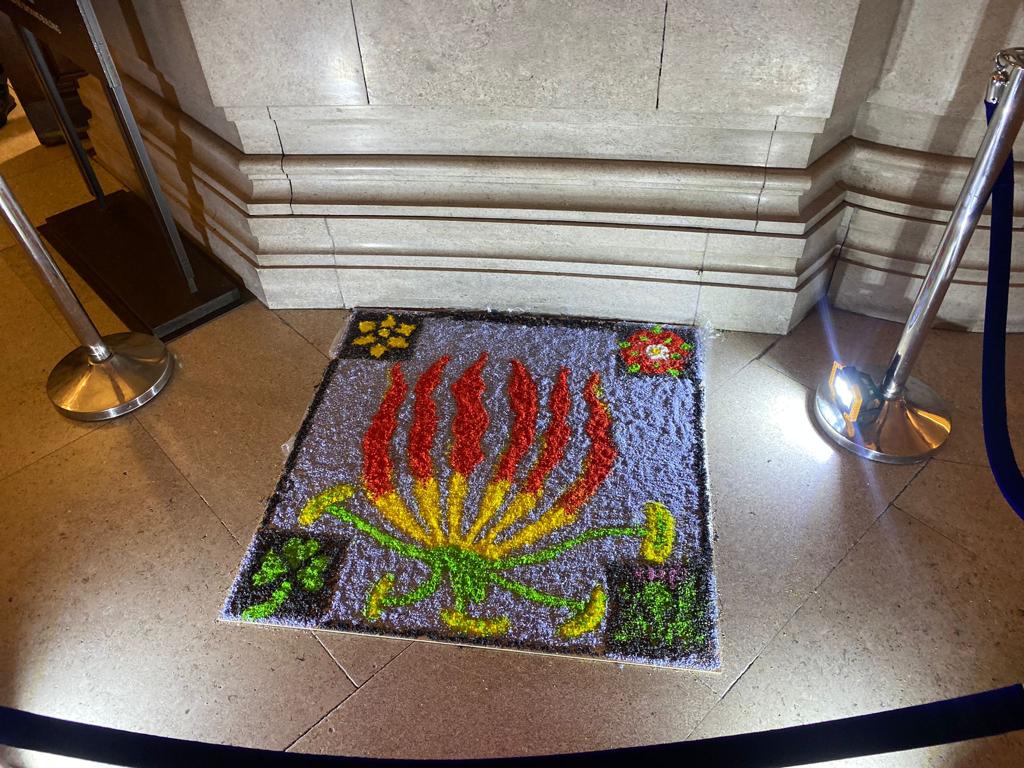
MP for Ilford South and Shadow Transport Minister, Sam Tarry, also stressed the need for sanctions on Sri Lankan war criminals.
"One day we will see a demilitarised, self-determined Tamil homeland".
"We want to see clear actions. We want to see magnitsky sanctions against war criminals. Under Labour human rights will not be compromised".
Tarry further stressed that this year we want "to see an abundance of campaigning for human rights, democracy and self-determination for Tamils in Sri Lanka".
Performances throughout the night paid tribute to Tamil culture and heritage.
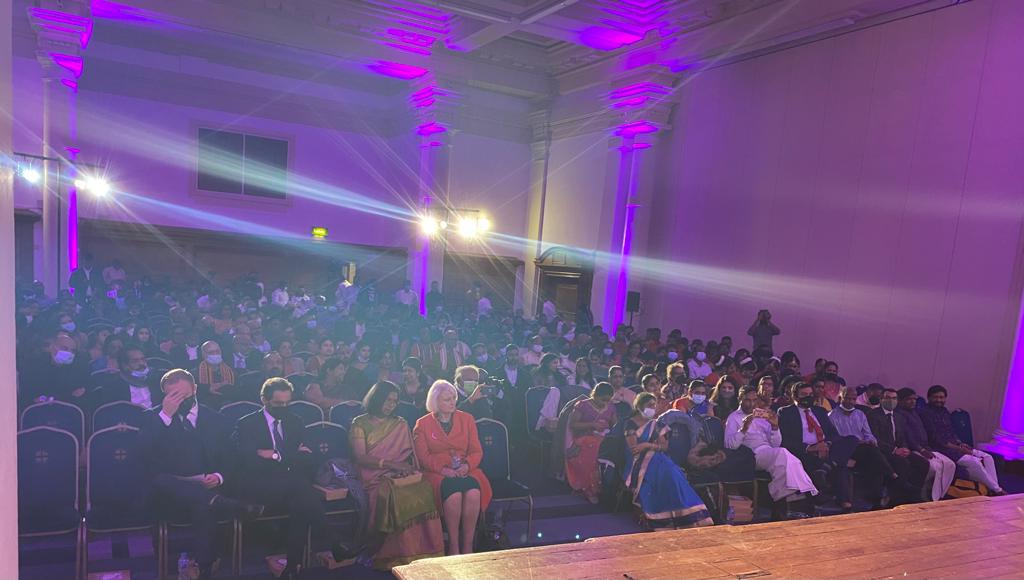
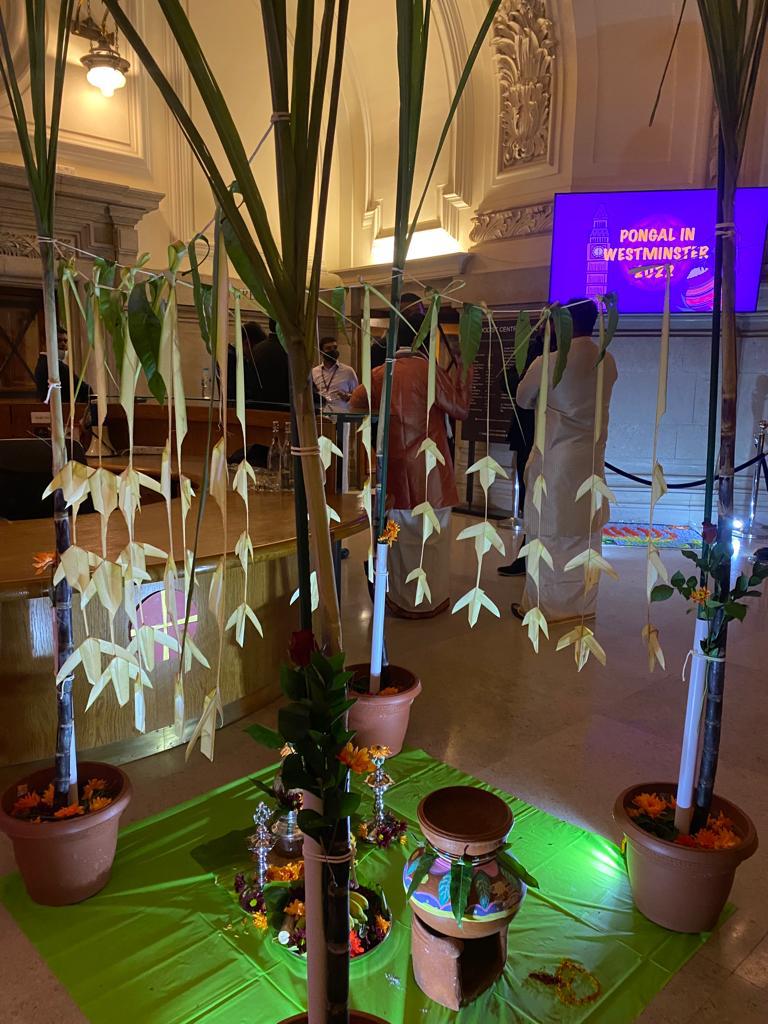
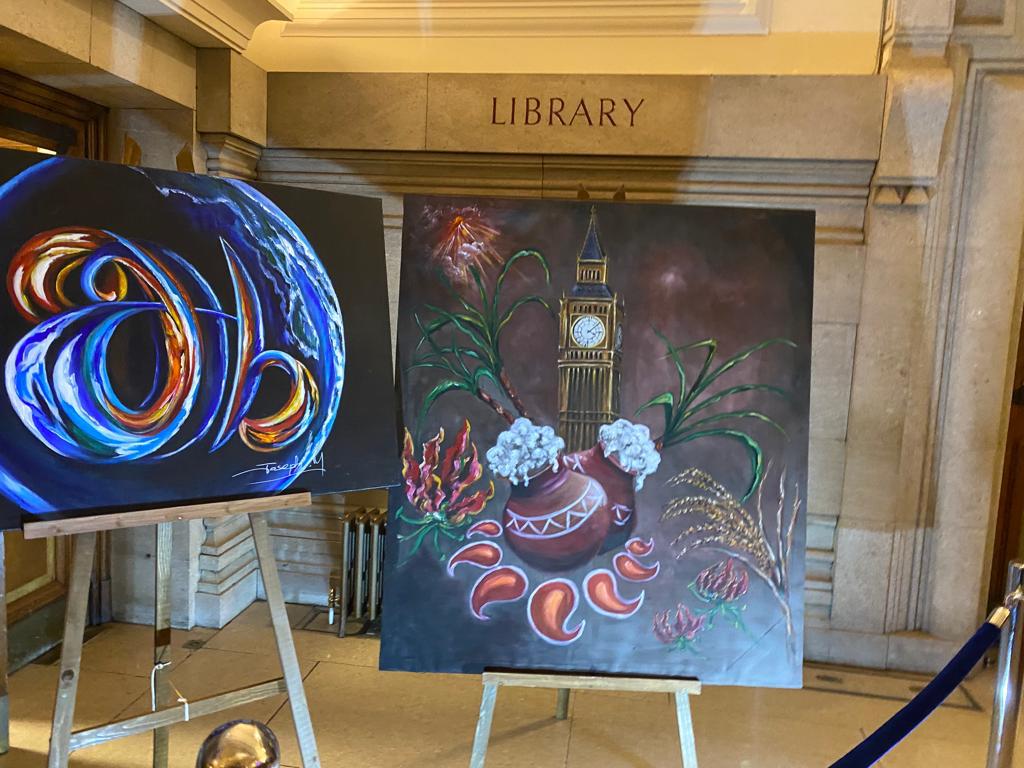
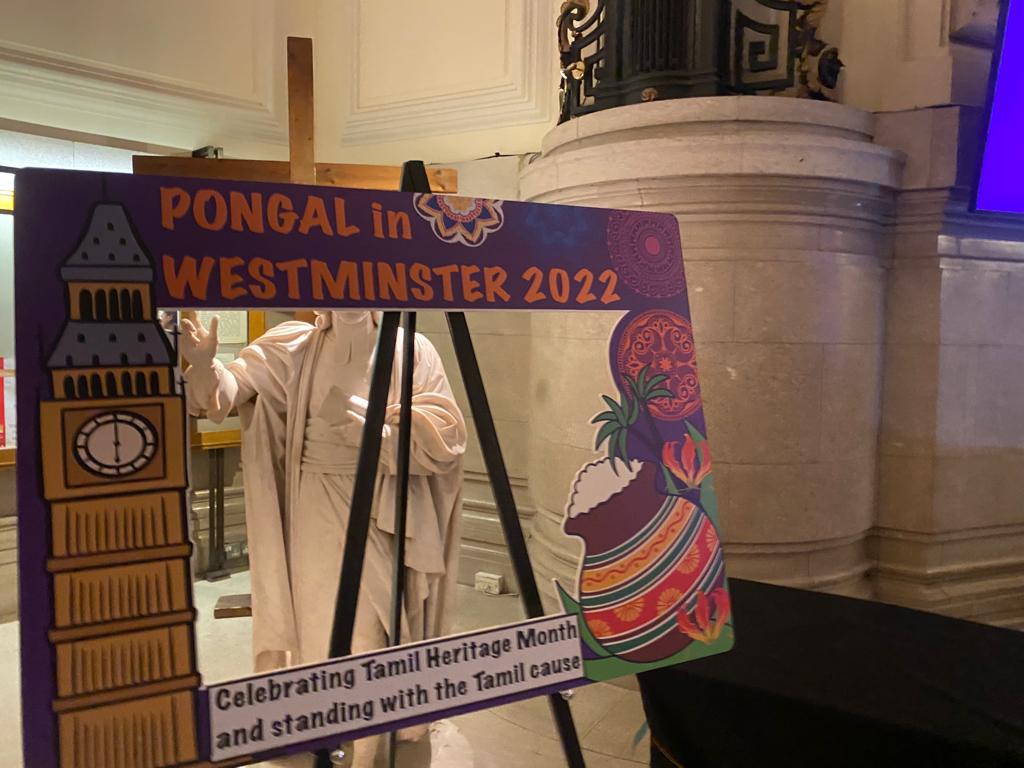
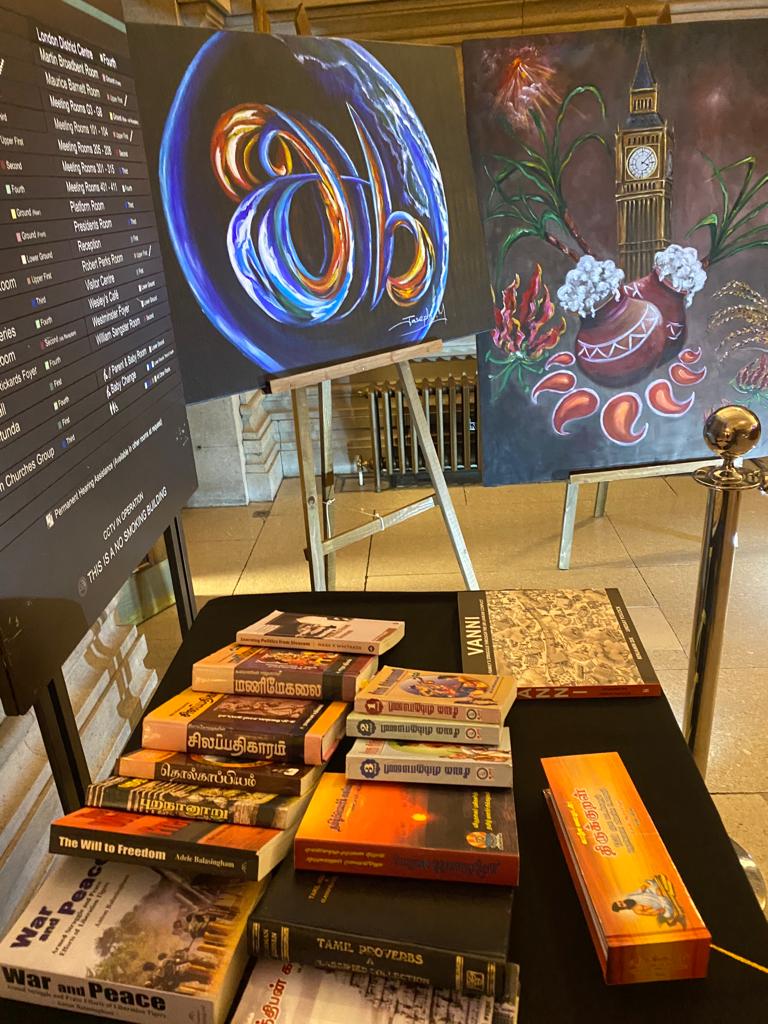
"It's Pongal on steroids this year!" - Paul Scully, Minister for Small Business
Paul Scully, Minister for Small Business, also acknowledged the pivotal role of British Tamils in “every sector of British life” and reiterated his support for “accountability and justice” in Sri Lanka.
British Minister of State for Care, Gillian Keagan, gave her thanks for the Tamil community and their contribution in fighting against the pandemic.
"One in 12 doctors in the NHS are Tamil" she noted. She thanked not only the doctors but Tamil nurses, social care workers and all those who have helped the government's efforts. "The NHS would fall without Tamils," she remarked.
Elliot Colburn, Chair of the All-Party Parliamentary Group for Tamils and MP for Carshalton & Wallington, spoke on the need to go beyond the UN resolution and hold Sri Lankan officials accountable for the war crimes committed.
Wes Streeting, Shadow Secretary of State for Health and Social Care of the United Kingdom, emphasised the contribution of Tamils to British life and expressed concern over the dire human rights situation in Sri Lanka.
Streeting added,
"The return of the Rajapaksa bodes ill for the future of the island for all."
"We will always stand by you in your pursuit of justice!" said Siobhain McDonaugh, MP for Mitcham and Morden. She went on to highlight her long-standing commitment to Tamils and the need for accountability. "To this day no one has been held accountable" in Sri Lanka, she noted.
Dr Onkar Sahota, a member of the London Assembly, detailed his history of standing in solidarity with Tamils from the 1970s to today and his dedication to justice and human rights. "We must get accountability for what happened in Sri Lanka," he added.

